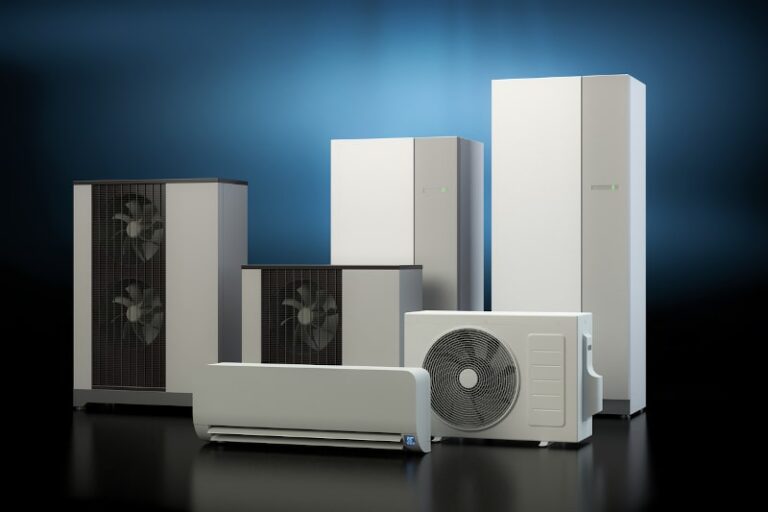Heat pumps continue to increase in popularity because they’re among the most efficient heating and cooling solutions on the market. You can find these systems in both home and commercial buildings in Covina, CA. While heat pumps bring the effects of traditional HVAC systems by facilitating indoor climate control, they operate differently.
The Heat Transfer Process
Rather than generating heat directly, heat pumps operate via heat transfer. This is the same principle as a traditional air conditioner that absorbs indoor heat and moves it outside.
However, a heat pump is able to reverse the process. The system will gather heat from the outdoor environment. It then transfers it inside to provide warmth to your home.
The Heating and Cooling Process in Detail
When running in heating mode, the outdoor unit serves as an evaporator. The refrigerant flowing inside of the coil will absorb the heat from outdoors. The refrigerant, now in a gas form, will travel to the indoor unit via the refrigerant lines.
The temperature of this substance will rise significantly as the system compresses it so that it can transfer the heat indoors. The system recycles the refrigerant by sending it back outdoors and allowing it to return to liquid form.
For the heat pump to provide cooling, the process reverses. The indoor unit will serve as the evaporator to facilitate transferring the heat outdoors.
Efficiency
The design of heat pumps makes them more efficient than all other HVAC solutions on the market. These systems provide approximately 400 times more heating energy than the electricity they consume. Their efficiency not only reduces strain on electricity resources, but they also help to significantly lower energy bills.
To maintain efficiency, it’s essential to schedule routine maintenance for your heat pump. This helps it run more effectively and efficiently and will help it last longer.
Advanced Heat Pump Technology
It used to be that only those residing in milder climates could benefit from the efficiency of heat pumps, as they function best during milder weather conditions. However, technology has evolved so that these systems can function in climates where temperatures can drop below freezing.
Cold-climate heat pumps can provide heat in climates that are as cold as -15 because they use refrigerants designed for cold climates that have a much lower boiling point. Also, variable-speed motors enable systems to run constantly on lower settings to maintain comfortable indoor temperatures.
You can also add heat strips to heat pumps to enhance their performance during harsh winter weather. These are electrical heat sources that will kick in once outdoor temperatures become too cold for the heat pump to function on its own. This generally happens once temperatures drop to around 40 degrees Fahrenheit.
The location of a heat strip is in the air handler. This component will resist electricity to generate heat. Once generated, the system distributes the heat to the indoor environment.
Two Types of Heat Pumps
There are two types of heat pumps available, and these are geothermal and air-source. While they both work on the same in principle, the difference lies in how they transfer heat.
During heating mode, geothermal heat pumps gather heat from the ground, and air source models take heat from the air. During cooling mode, geothermal models transfer heat back to the ground, while air source systems release it back into the air outdoors.
While geothermal heat pumps are more expensive, they are considerably more efficient than their air-source counterparts. They also function better in colder climates because underground temperatures are relatively stable, hovering around 50 and 60 degrees. They are more expensive to install due to their complexity, as the technician must install a looping system that runs underground.
Air-source systems are more popular because they are easy to install. They also carry a lower upfront cost.
Even so, geothermal heat pumps are increasingly becoming more popular because they are less expensive to operate overall. They use less electricity since they rely more on the renewable thermal energy under the surface of the Earth.
If you’re in the market for a new system, you should give a heat pump a try. If you’re not sure which model to choose, consult with our HVAC comfort advisors and you can collaborate to determine which type is best for your circumstances. For heat pump installation, call Metz Air Control to ask about our specials and the options we carry.
Image provided by iStock

